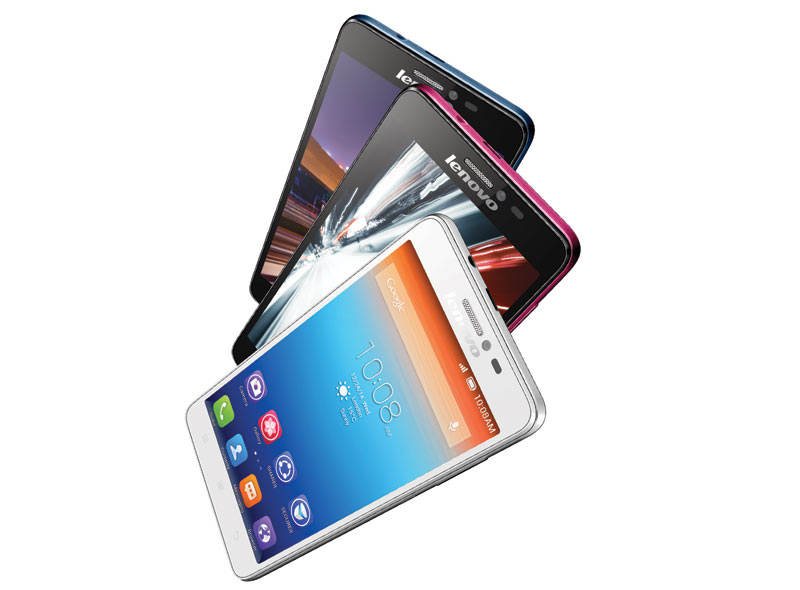Continuing its focus on consumer engagement and usage, Microsoft has today inked a patent and software cross-licensing deal with Lenovo. With regard to the deal, the Chinese manufacturer will now pre-load all of Microsoft’s productivity apps — including Microsoft Office, OneDrive and Skype — onto select smartphones powered by Android.
This cross-licensing deal not only covers Lenovo smartphones, but also devices under Motorola moniker that the former has decided to merge with its own brand. This collaboration will not only help Redmond proliferate its productivity apps reach to millions of users in the coming months, but also help Lenovo improve its standing among other manufacturers who’ve zipped past them.
The details of the deal haven’t been completely published, and we’re not too sure which Lenovo devices will come loaded with the Microsoft app bundle.
Commenting on the partnership, Nick Parker, corporate VP OEM Division of Microsoft, says,
Microsoft’s thrilled that our productivity apps will be pre-installed on Lenovo’s premium devices. The marriage of Microsoft’s apps and Lenovo’s Android-based devices will enable customers around the world to be more productive, more connected and achieve even more.
Though the deal means that Lenovo will now be sending more money towards Microsoft, but it will now also have access to over 1,200 licensing agreements owned by the company. It is free to use any of the intellectual property(IP) patents to ensure the healthy growth of the technology ecosystem. This scheme was launched by Redmond in 2010, when it openly accused Google on infringing on its software patents for the development of Android.
Since then, Microsoft has struck similar cross-licensing deals with other smartphone manufacturers, including Samsung, LG, Xiaomi, Asus, Sony and as many as 74 other brands. And today partnership deal also lines up with Microsoft CEO Satya Nadella’s vision of a bringing additional value to consumers in the form of cloud services and productivity apps. This is also in favor of the company not making a mark in the smartphone market with its Windows 10 Mobile operating system.
The Tech Portal is published by Blue Box Media Private Limited. Our investors have no influence over our reporting. Read our full Ownership and Funding Disclosure →






